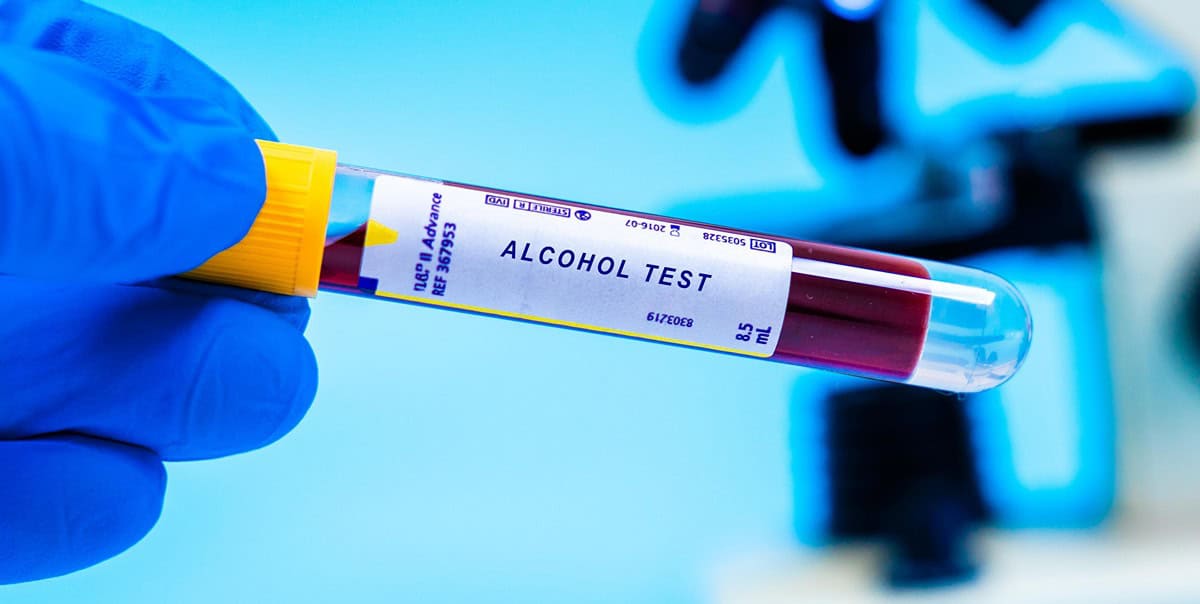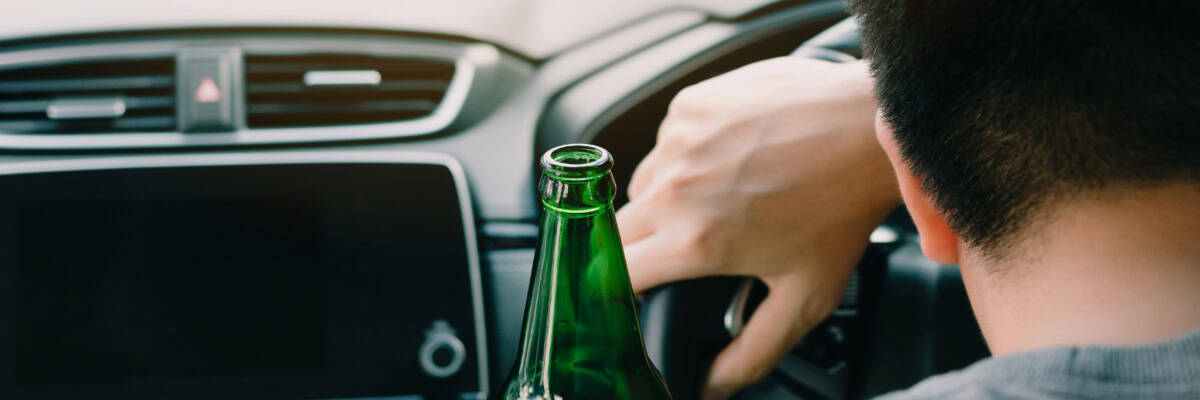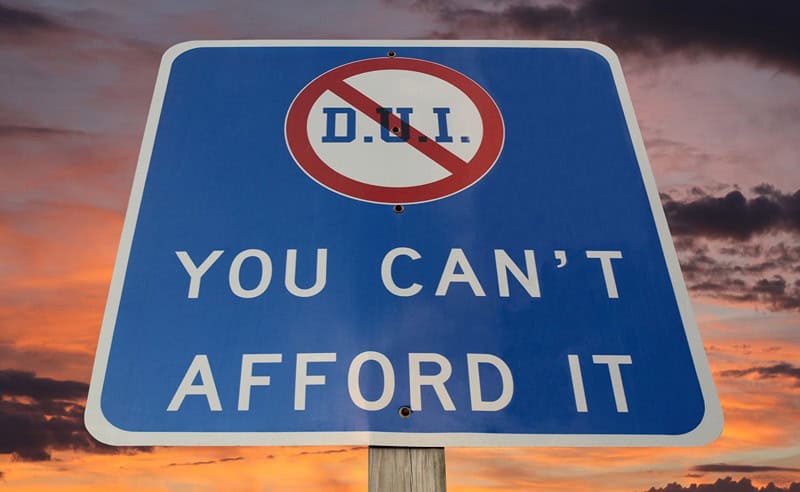Every state in the United States has its own set of laws and regulations when it comes to drunk driving, with some being more lenient and others having much stricter policies in place. DUIs, or driving under the influence, is a serious offense that can lead to hefty fines, license suspensions, and in some cases, even time behind bars.
This article will cover the following topics:
- States With the Toughest DUI Laws
- States With the Most Lenient DUI Laws
- What is the Worst State to be a First Time DUI Offender In
- Which State Has the Most DUIS Per Year
- What is the Most Expensive State to Get a DUI in?
- Who Has the Lowest BAC Threshold?
- DUI Conviction Defense Strategies
- Get Help From an Arizona DUI Defense Attorney
States With the Toughest DUI Laws
DUI laws across the United States are not uniform and vary significantly from state to state. This variability reflects different legal thresholds for Blood Alcohol Concentration (BAC), the range of fines imposed, the mandatory minimum sentences for jail time, and the use of other penalties such as ignition interlock devices and license suspensions. The table below highlights the top 10 states with the toughest DUI laws:
| State | Legal BAC Limit | Fines | Mandatory Minimum Jail Time | Other Penalties |
|---|---|---|---|---|
| Arizona | 0.08% | Up to $2,500 | 10 days | Ignition interlock device, license suspension |
| Alaska | 0.08% | Up to $1,500 | 72 hours | Ignition interlock device, license suspension |
| Tennessee | 0.08% | Up to $1,500 | 48 hours | Ignition interlock device, license suspension |
| Georgia | 0.08% | Up to $1,000 | 24 hours | License suspension, community service |
| Kansas | 0.08% | Up to $2,500 | 48 hours | License suspension, alcohol education |
| Oklahoma | 0.08% | Up to $1,000 | 10 days | Ignition interlock device, license suspension |
| Nebraska | 0.08% | Up to $1,000 | 7 days | License suspension, alcohol treatment |
| Utah | 0.05% | Up to $1,300 | 48 hours | Ignition interlock device, license suspension |
| Virginia | 0.08% | Up to $2,500 | 5 days | Ignition interlock device, license suspension |
| North Dakota | 0.08% | Up to $750 | 2 days | Addiction evaluation, community service |
States With the Most Lenient DUI Laws
In contrast to the stringent policies of some states, others adopt a more lenient approach to DUI offenses. These states often feature lower fines, more flexible penalties, and less severe requirements for jail time and other punitive measures. The table below provides a comparison of the states with the most lenient DUI laws:
| State | Legal BAC Limit | Fines | Mandatory Minimum Jail Time | Other Penalties |
|---|---|---|---|---|
| Pennsylvania | 0.08% | Up to $300 | None for first offense | Alcohol highway safety school, treatment when ordered |
| South Dakota | 0.08% | Up to $1,000 | None for first offense | License suspension, alcohol evaluation |
| District of Columbia | 0.08% | Up to $1,000 | None for first offense | Probation, possible ignition interlock device |
| Ohio | 0.08% | Up to $1,075 | 3 days (alternative program eligible) | License suspension, alcohol education |
| New Jersey | 0.08% | Up to $400 | None for first offense | Ignition interlock device, license suspension |
| Maryland | 0.08% | Up to $500 | None for first offense | License suspension, ignition interlock device |
| Massachusetts | 0.08% | Up to $500 | None for first offense | License suspension, alcohol education |
| North Carolina | 0.08% | Up to $200 | None for first offense | Community service, alcohol assessment |
| New Mexico | 0.08% | Up to $500 | None for first offense | Community service, alcohol therapy |
| Mississippi | 0.08% | Up to $1,000 | None for first offense | License suspension, possible alcohol education |

What is the Toughest State to be a First-Time DUI Offender In
Arizona is frequently cited as having the most rigorous DUI laws in the nation for first-time offenders. The state implements measures that are often reserved for repeat offenders in other regions.
One notable aspect of Arizona’s DUI penalties is the mandatory use of an Ignition Interlock Device (IID) for all DUI convictions, including those involving first-time offenders.
This policy is typically seen in other states for more severe cases or as part of alternative sentencing options.
In Arizona, the repercussions of a DUI arrest begin immediately with the suspension of driving privileges. Unlike California, where individuals might receive a temporary license that allows them 30 days to arrange a DMV hearing, Arizona enforces an immediate revocation of the driver’s license at the time of arrest, eliminating any interim driving privileges.
For a first-time DUI in Arizona, the legal consequences are severe:
- Required participation in drug and alcohol screenings.
- Fines totaling at least $1,250.
- A mandatory minimum jail term of ten consecutive days.
- Obligatory community service.
- Mandatory attendance at a drug and alcohol education program, which typically incurs a cost of about $200 borne by the offender.
- Installation of an IID on any vehicle driven by the offender for a minimum of one year, with initial installation costs ranging from $50 to $200 and ongoing monthly fees between $50 and $100, plus additional charges for maintenance and data monitoring.
Arizona also shares a commonality with California regarding chemical tests; refusal to submit to a test can lead to an automatic suspension of one’s driving license, emphasizing the strict DUI enforcement practices in Arizona. These comprehensive and immediate penalties are designed to deter impaired driving and enhance public safety on the roads.
Which State Has the Most DUIS Per Year
According to data from the Federal Bureau of Investigation’s Uniform Crime Reporting (UCR) program,
California leads the nation in DUI arrests with over 140,000 incidents reported in a recent year.
However, when considering DUI arrests per capita, states like Wyoming and North Dakota show higher rates relative to their populations.
What is the Most Expensive State to Get a DUI in?
California stands out as the most expensive state to get a DUI, largely due to its high cost of living and substantial legal penalties.
For a first-time DUI offense in California, fines range from $390 to $1,000, but when additional penalty assessments are included, the total can quickly escalate to over $15,000.
This does not account for the mandatory alcohol education programs, installation of an Ignition Interlock Device (IID), and the significant rise in auto insurance premiums, which can all add to the financial burden.
Other states also impose hefty fines and associated costs for DUI offenses. In Washington State, for example, fines for a first-time DUI can start at $940 and may reach up to $5,000 with all assessments included. Alaska is another state with strict penalties; it requires a minimum fine of $1,500 for first-time offenders, along with mandatory jail time and the completion of an alcohol safety action program, all of which add to the overall cost of the DUI.

Who Has the Lowest BAC Threshold?
Most states in the U.S. set the standard BAC limit at 0.08% for drivers 21 and over. However, some states have implemented stricter laws, particularly for certain categories of drivers, like commercial drivers or those under the legal drinking age.
Utah stands out as the state with the lowest DUI threshold in the nation for the general driving population.
In 2017, Utah passed a law lowering the BAC limit for DUI from 0.08% to 0.05%, making it the strictest standard nationwide. This move aligns with recommendations from the National Transportation Safety Board, which suggests a 0.05% BAC limit to reduce alcohol-related crashes and fatalities
DUI Conviction Defense Strategies
Defending against a DUI charge involves a detailed legal strategy tailored to the specific circumstances of each case. Below are some key defense strategies that lawyers may employ to challenge DUI charges:
①Questioning the Legality of the Stop
One primary defense strategy is to challenge the initial traffic stop. If it can be shown that the law enforcement officer lacked a valid reason (probable cause) to stop the vehicle, evidence obtained during the stop may be ruled inadmissible, potentially leading to the dismissal of charges.
②Accuracy of Breathalyzer Tests
Defense attorneys often scrutinize the calibration and maintenance of the breathalyzer device used during the arrest. If the device was improperly calibrated or the test was incorrectly administered, the BAC results might be contested.
③Field Sobriety Test Reliability
The subjective nature of field sobriety tests can be challenged, especially under certain conditions that might affect a person’s performance, such as medical issues, disabilities, or unfavorable environmental conditions at the time of testing.
④Rising Blood Alcohol Concentration
This defense argues that the defendant’s BAC was below the legal limit while driving but rose above the limit by the time testing occurred, due to alcohol consumed shortly before driving that had not yet fully absorbed into the bloodstream.
⑤Chain of Custody Issues
Ensuring the proper handling and storage of evidence from collection to courtroom is crucial. Defense can question any inconsistency in the chain of custody to cast doubt on the integrity of the evidence presented.
⑥Medical Conditions and Other Interferences
Certain medical conditions or dietary factors can affect the results of BAC testing. Attorneys might present evidence of such conditions that could lead to false positives or inaccurately high BAC readings.
Get Help From an Arizona DUI Defense Attorney

Arja Shah of Arja Shah Law is an experienced DUI defense attorney based in Arizona who has successfully defended over 3,000 clients. Her in-depth understanding of Arizona’s stringent DUI regulations and her aggressive defense strategies help ensure that her clients receive the best possible outcomes.
For consultations or more information on how Attorney Shah can assist you, visit Arja Shah Law or contact her office directly at (602) 560-7408.











